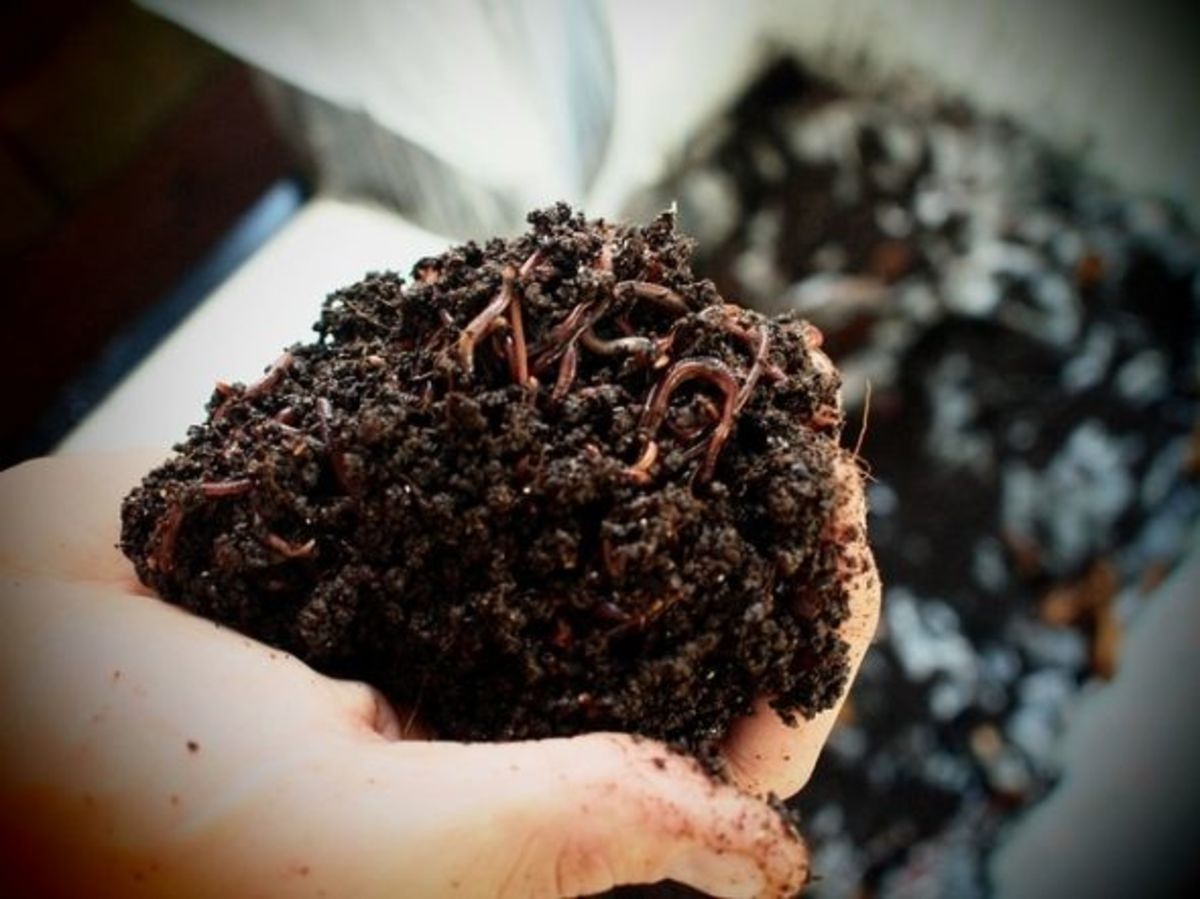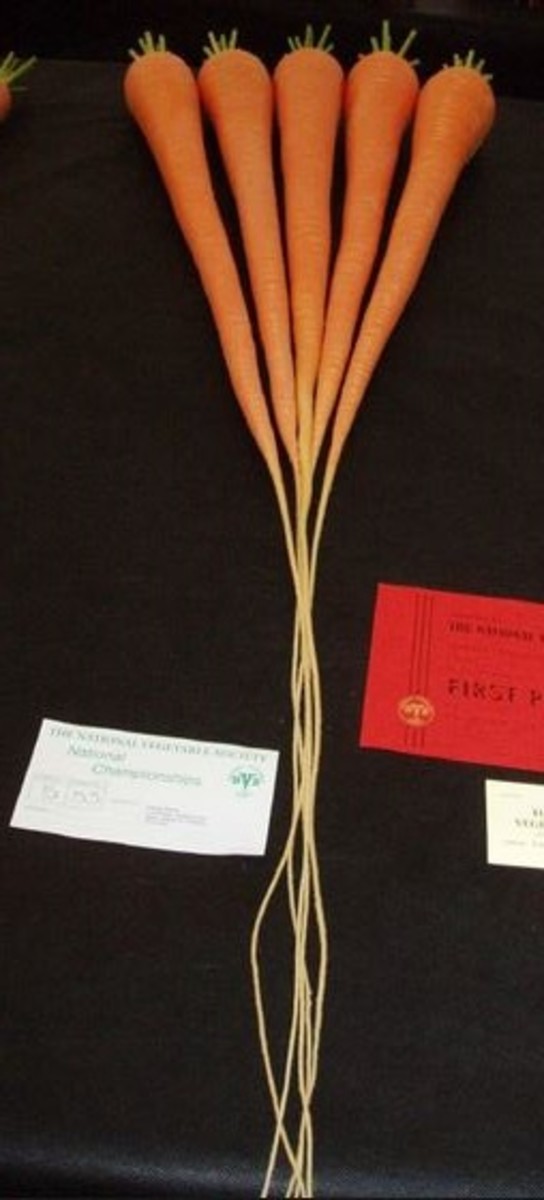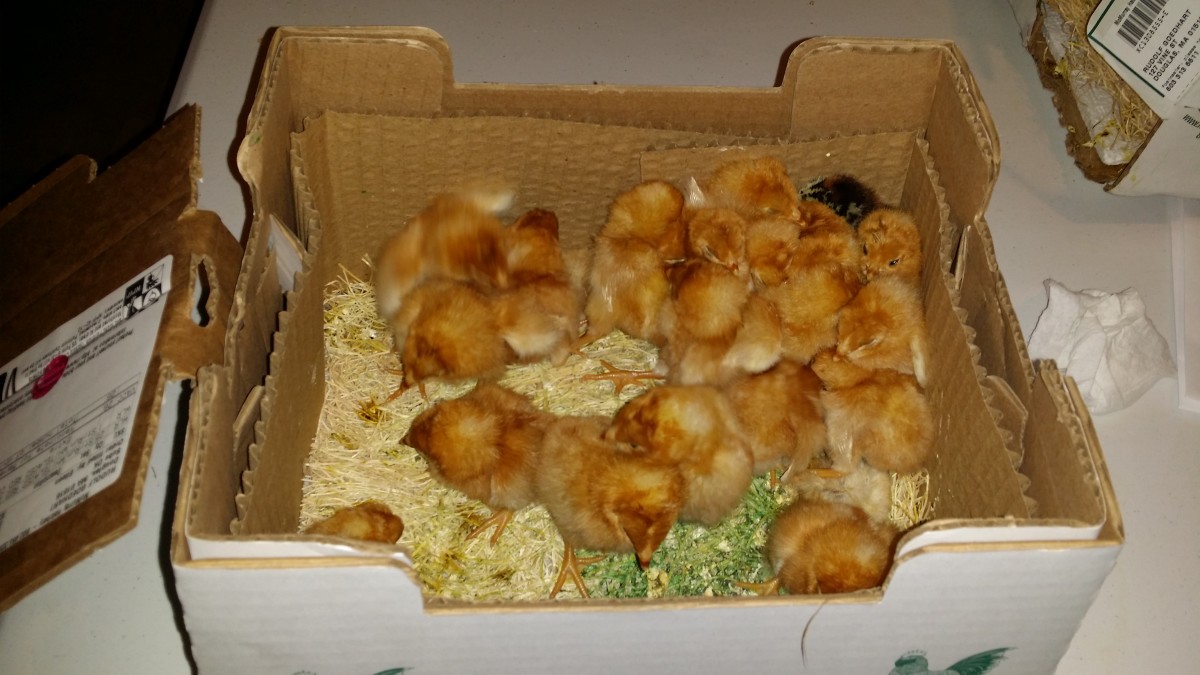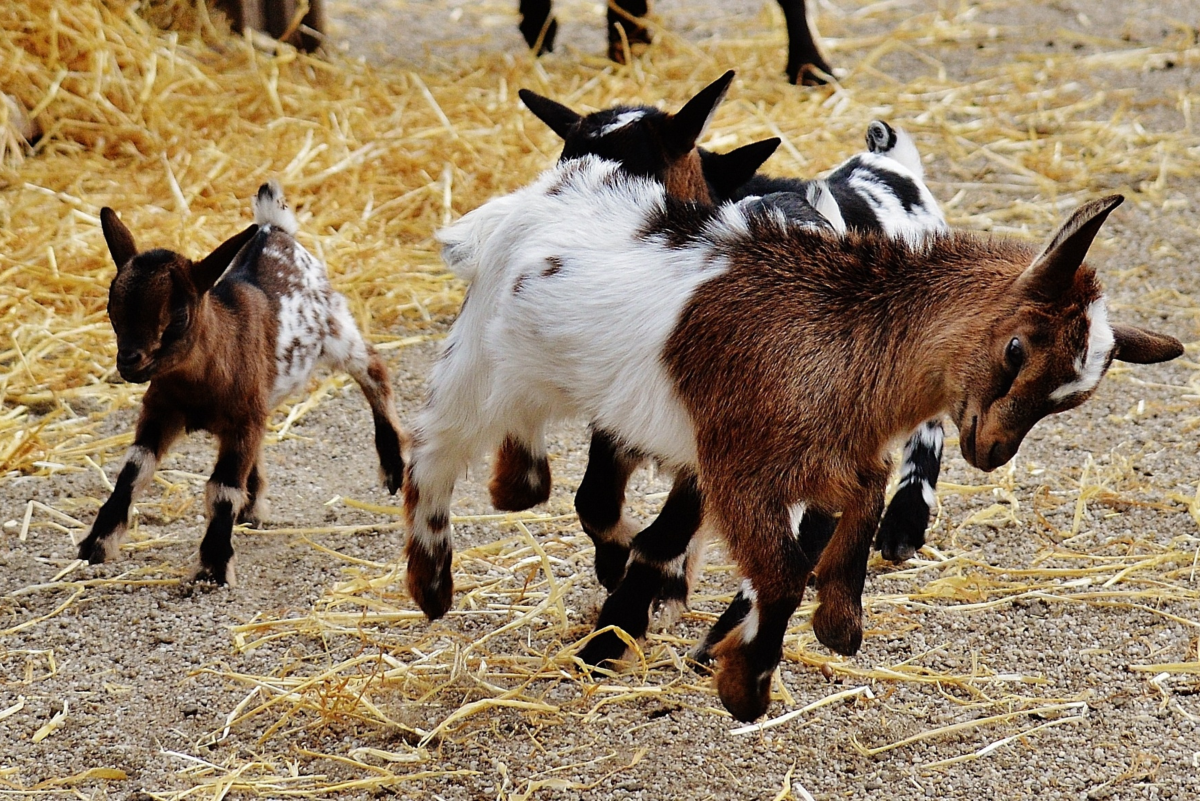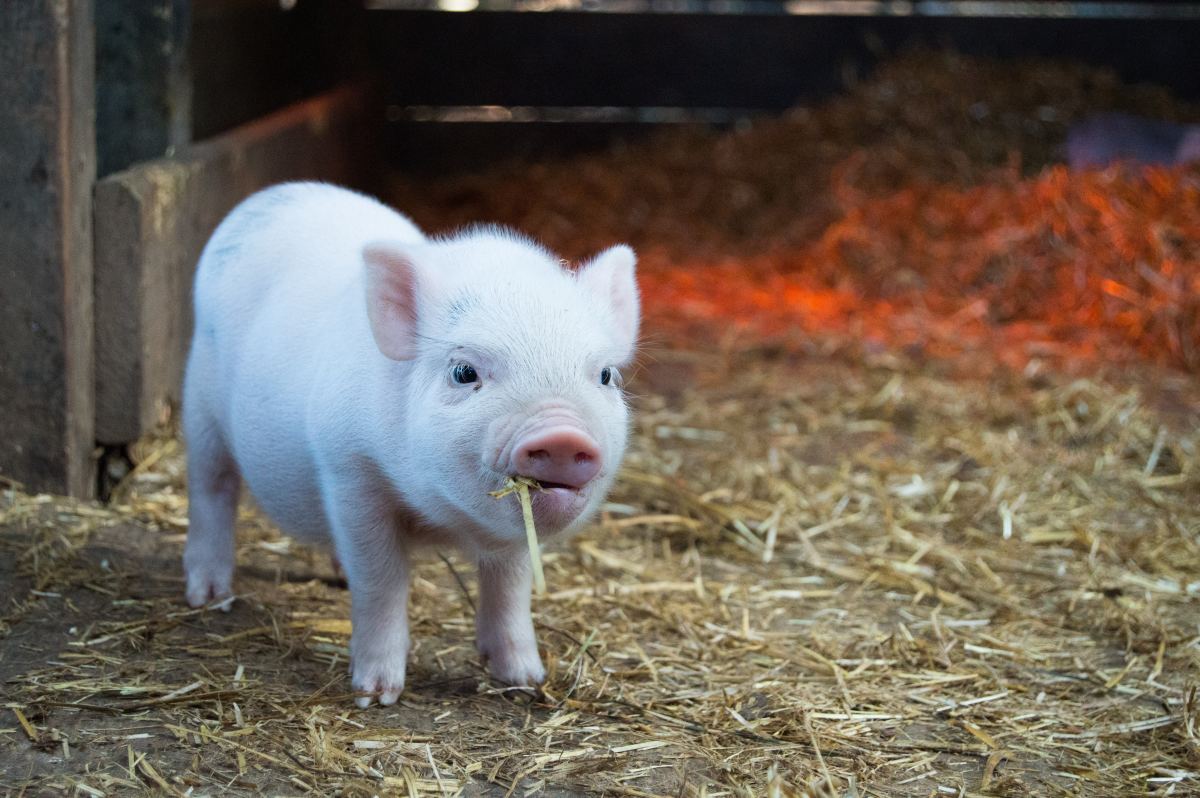Deep Litter Method
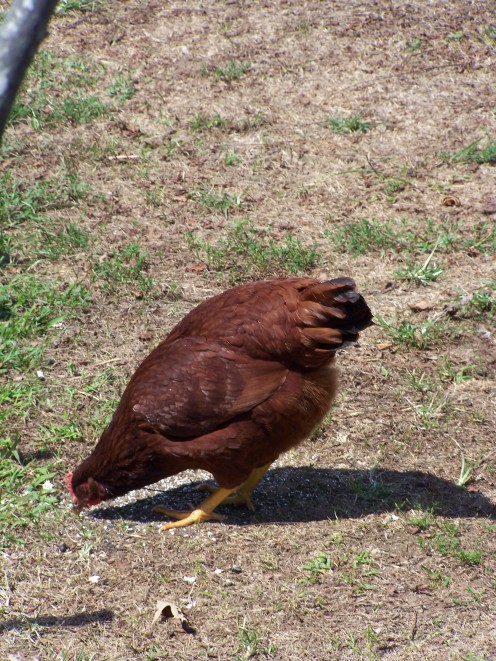
Cut your livestock work load into a more manageable routine. The deep litter method makes weekly cleaning a thing of the past!
The method is quite simple and requires only several minutes a week to keep your chicken coop (or other livestock pens) clean and healthy. The greatest asset? Next spring, you will have free compost!
© Copyright Notice ©
My photographs are mine, taken by me, with my camera. You may use them for personal reasons (desktop backgrounds, personal websites or you can print them for personal use.)
If you choose to use them on websites I require a link back to my HubPages. You may link to my profile or to one of my Hubs.
You may not use them without my permission or for profit.
I sell my art and if you are interested in purchasing it send me a message.
ALL of my articles are MINE and you may NOT use them for anything but reading on my page.
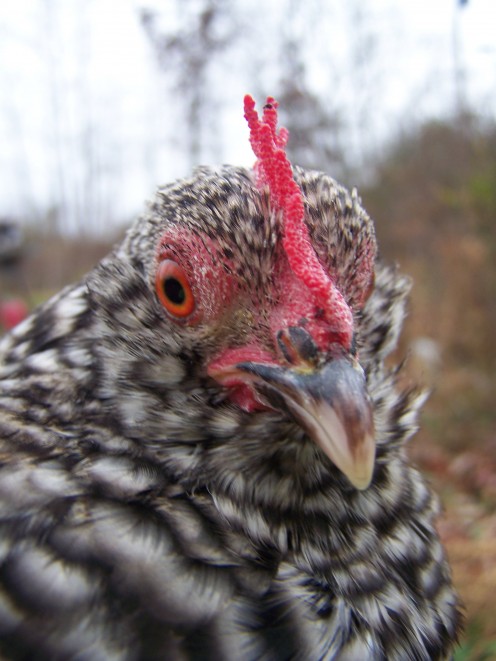
∞∞∞∞∞∞∞∞∞∞∞∞∞∞∞∞∞∞∞∞∞∞∞∞∞∞∞∞∞∞∞∞∞∞∞∞∞∞∞∞∞∞∞∞∞∞∞∞
If the bedding is too dry, it will not compost. Lots of dust means you should add a bit of water and give the litter a stir. It should be like good compost, not sopping wet!
If the litter is too wet, it will turn into a nasty mess. Simply keep adding dry bedding until the moisture content is correct.
Avoid your litter getting too wet by keeping the pen enclosed and watertight. Not air tight, just make sure rain cannot blow in or drain down and keep the litter wet.
This method works on earthen floors as well as manmade. The litter should never be wet enough to rot out your lumber.
∞∞∞∞∞∞∞∞∞∞∞∞∞∞∞∞∞∞∞∞∞∞∞∞∞∞∞∞∞∞∞∞∞∞∞∞∞∞∞∞∞∞∞∞∞∞∞∞
Thing You Will Need:
Bedding (pine shavings, pine straw, paper mulch, dried leaves, straw--anything livestock safe and that can absorb water and turn into compost)
- Livestock! (chickens and goats for us)
- Rake
- Agricultural lime
- Food-grade diatomaceous earth
- Water
The process is simple. When beginning, lay down several inches of clean bedding. I use straw and leaves raked during our long fall days.
Once a week, or so, rake the litter a bit to aerate it and dump fresh bedding on the top of the old litter.
If you begin to smell ammonia or stinky feces, rake the litter more and then add additional bedding. This is just like composting, only easier.
If you're bedding chickens, they will keep the pens turned on their own. Encourage them to scratch by tossing bits of food in the litter.
Once a year, remove the litter and place it in a compost pile for a few weeks.
∞∞∞∞∞∞∞∞∞∞∞∞∞∞∞∞∞∞∞∞∞∞∞∞∞∞∞∞∞∞∞∞∞∞∞∞∞∞∞∞∞∞∞∞∞∞∞∞∞∞∞∞
This method will produce heat in the winter and spring, making it a good place for young chicks to cuddle and sleep. They will also benefit from the various bugs that will move into the litter.
The addition of agricultural lime or food grade diatomaceous earth can help to sweeten the litter but this is not usually needed if you keep up with your once a week raking and adding additional litter.



